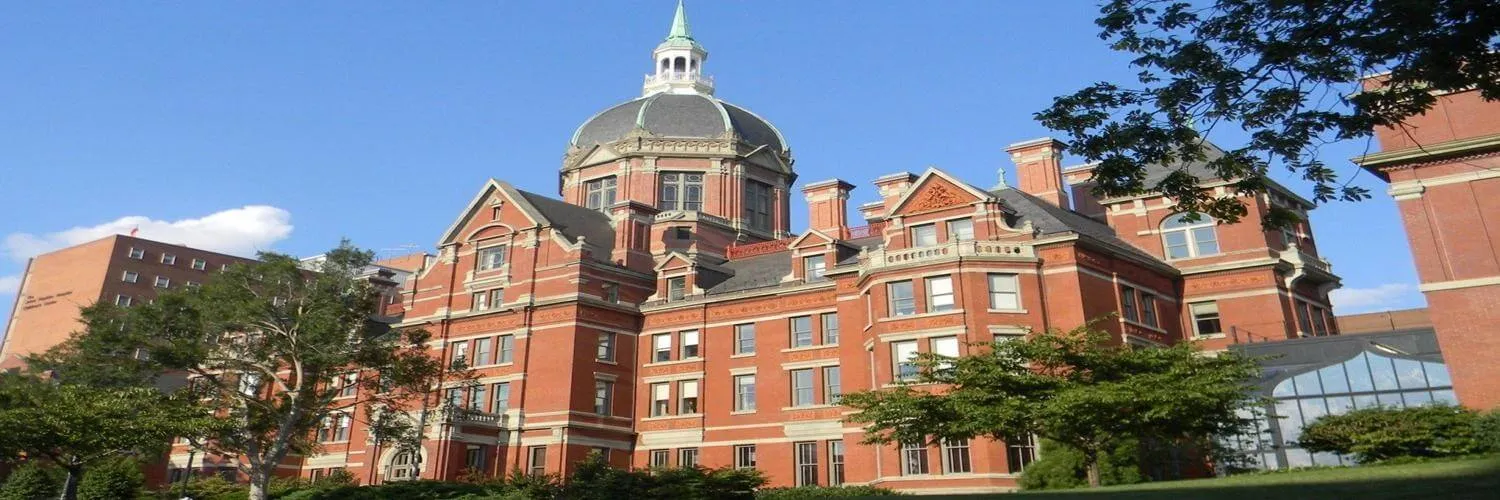Johns Hopkins University is a private-not-for-profit type of university which was named after the Maryland Philanthropist, Johns Hopkins who lived in the 19th century who spent his time and money to improve the health and education conditions at Baltimore. The philanthropist has set aside $7 million in his will for setting up a hospital, orphanage, affiliated training colleges, and a university and that became the largest philanthropic act in the US History. The university began in 1876 with Daniel Coit Gilman as the First President. The university in its first President's words is, creating 'Knowledge for the World'.
A private university by the name of Johns Hopkins University is located in Baltimore, MD. Johns Hopkins University was founded in the year 1876. The motto of the Johns Hopkins University is Veritas vos liberabit (Latin) and its official colors are hopkins blue, white, black, ;, sable and gold (academic robes). The total enrolment stands at 26,402 students at Johns Hopkins University. Around 6,256 and 20,823 students take admission in various undergraduate and postgraduate courses of the university. The school has a total of 4400 academic staff. These faculty teach different courses to the students. Interestingly, Johns Hopkins University has an ethnically diverse student population. At JHU around 30% are white, 25% are Asian, and 15% belong to Hispanic ethnicity. And, at the university, around 95% of the students are 24 and under. When it comes to gender distribution at the varsity, around 53% of the students are females and 47% are males. The college has produced several notable alumni including Michael Bloomberg (Business magnate, Businessperson), John Astin (Television director, Actor), Woodrow Wilson (Politician, Historian), and Charles E. Saunders (Educator, Musician) in its 144 years of existence. Johns Hopkins University's sporting teams are affiliated to NCAA Division III, Centennial Conference; men’s and women’s lacrosse teams compete in NCAA Division I, and Big Ten Conference. A total of 520 programs are currently offered by the varsity to the students. It includes both the residential as well as online programs. The university also has a long list of accreditations. It has been accredited by ABET (Accreditation Board for Engineering and Technology, Inc.), MSCHE (Middle States Commission on Higher Education), and NASM (National Association of Schools of Music). The total endowment of the Johns Hopkins University is around $6 billion (2019).



